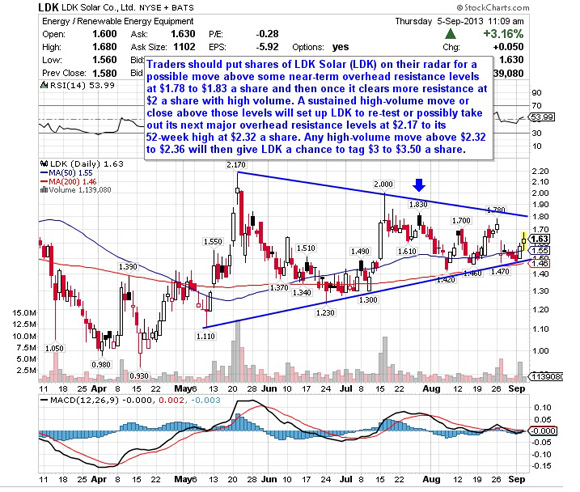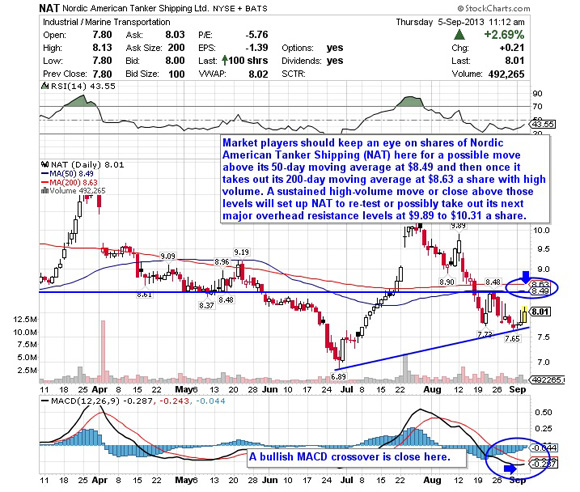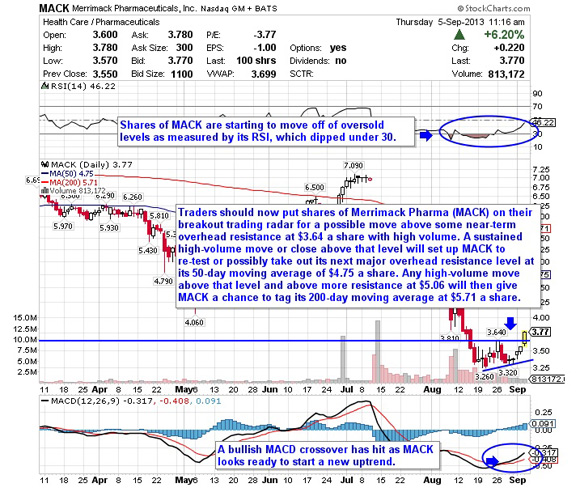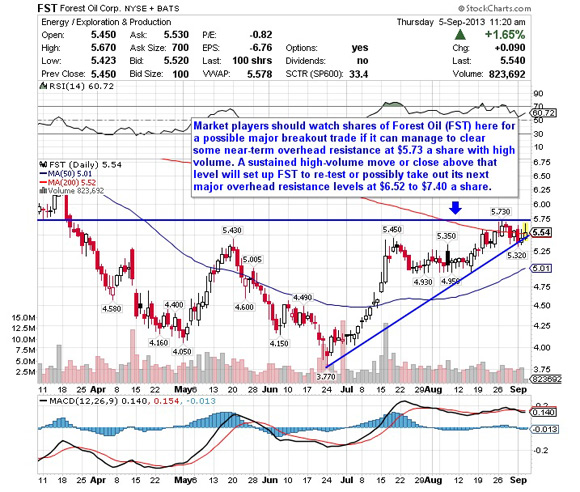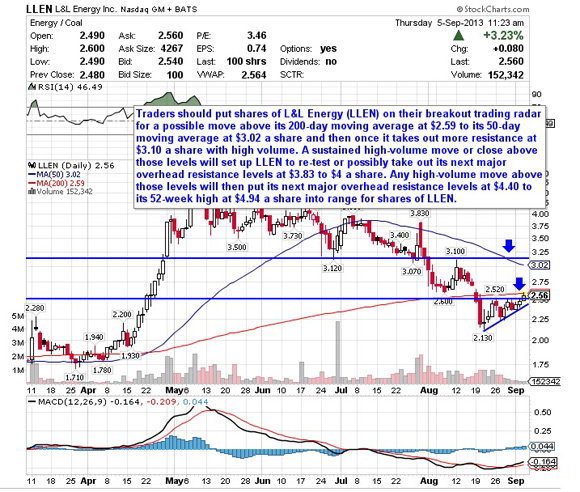The principles of behavioral finance have been applied extensively to the equity markets, and many financial advisors make good use of them now. But what about applying behavioral finance to better understand and navigate the fixed income market?
To date, the bond market hasn’t really been studied from a behavioral perspective, said Zach Jonson, director of fund management at ICON Advisers, because the majority of investors have tended to be larger, buy-and-hold type players who don’t really exhibit the same behavioral tendencies as equity investors. But since the 2008 financial crisis, market dynamics have done an about-face that’s resulted in an increasing number of nontraditional investors gravitating toward the bond market — and they, Jonson said, are exhibiting the same kinds of behavioral biases vis-à-vis bonds as toward equities.
“Between the full-blown fear after all that took place and the 24-hour news cycle, what we saw was basically the self-fulfilling prophecy of everyone running to the same spot,” Jonson said. “This drove massive amounts of liquidity into bonds.”
Since 2007, more than $1.3 billon has flowed into bonds, and this in turn spurred record levels of corporate bond issuance in the United States. Furthermore, Jonson said, the proliferation of bond ETFs, as well as the general focus on income creation for retirement have also supported the increased cash going into bonds.
However, because this rush of liquidity into bonds is so new, both financial advisors and their clients continue to view the fixed income market through a very narrow lens, Jonson said: namely the direction of interest rates. This focus in turn engenders certain behavioral tendencies that then impact the market and result in different kinds of inefficiencies.
As a result, Jonson believes that the bond market, like its equity counterpart, is a victim of such classic behavioral traits as loss aversion, belief perseverance and herd mentality.
Loss aversion, a bias in which investors prefer to avoid losses to acquiring gains, can lead investors to place greater importance on the short-term and less on the long-term. According to Jonson, it has had a major impact on the bond market in the past years, affecting everything from U.S. Treasuries—which he said sold based on concerns about spikes in interest rates and increased volatility—to bond mutual funds, which sold based on short-term concerns as opposed to the long-term, diversification benefits they offer.
Ditto for herd behavior, where individuals come to a similar conclusion or act in a similar manner with the desire to achieve the same results. In so doing, though, they make the same mistakes, Jonson said, and just as it does in the equity market, their behavior creates inefficiencies and volatility in the bond market.
“Historically, the buy-and-hold nature of bond market investors shielded the market from the same kind of behavioral reactions that affected the equity markets,” Jonson said, “but now, the market has undergone a transition, and what’s required is a change of mentality in the way that advisors navigate the bond market and manage fixed income for their clients.”
That means advisors, investors and fund managers too, should be able to leverage behavioral patterns to their advantage in order to “become bond managers in equity clothes,” Jonson said.
He believes that bond allocations should be much more actively and tactically managed and that financial advisors should be looking much more carefully at fixed income managers to better understand their strategies and approach to the market. Advisors should choose to invest with those managers who are willing to “move around the market” and look at it from the bottom up rather than the top down.
“Our general belief is that money will continue to go into bonds because we think interest rates will remain low,” Jonson said. “So many bond investors are interest rate forecasters, but it’s individual security analysis that can actually beat the market, and taking advantage of behaviors will be the best way to find the points to get in and get out of the market.”
In this “new” bond market, the more tactical fund managers will fare better, Jonson said, and advisors who do the legwork to seek them out will be able to create better bond portfolios for their clients.
---
Check out Applying Behavioral Analytics to Fund Managers on ThinkAdvisor.


 ) announced on Tuesday that it now plans to sell up to $49 billion worth of bonds to fund its $130 billion buyout from Vodafone Group (VOD
) announced on Tuesday that it now plans to sell up to $49 billion worth of bonds to fund its $130 billion buyout from Vodafone Group (VOD Al Gore: Former U.S. Vice President Al Gore sits on the board of Apple and was a senior adviser to Google. He is also co-founder and chairman of Generation Investment Management, a senior partner at Kleiner Perkins Caufield & Byers and chairman of the Climate Reality Project, a nonprofit devoted to solving the climate crisis. (Photo: FILE) Fullscreen
Al Gore: Former U.S. Vice President Al Gore sits on the board of Apple and was a senior adviser to Google. He is also co-founder and chairman of Generation Investment Management, a senior partner at Kleiner Perkins Caufield & Byers and chairman of the Climate Reality Project, a nonprofit devoted to solving the climate crisis. (Photo: FILE) Fullscreen  David Marcus: He founded GTN Telecom and served as chairman and CEO until 2000, when it was acquired by World Access. He also founded Echovox, a mobile monetization company, and Zong, a mobile payments provider for gaming and social networking companies. After Zong was acquired by eBay/PayPal in 2011, Marcus became vice president and general manager of the mobile division of PayPal. In April 2012, he became president of PayPal. (Photo: SUBMITTED) Fullscreen
David Marcus: He founded GTN Telecom and served as chairman and CEO until 2000, when it was acquired by World Access. He also founded Echovox, a mobile monetization company, and Zong, a mobile payments provider for gaming and social networking companies. After Zong was acquired by eBay/PayPal in 2011, Marcus became vice president and general manager of the mobile division of PayPal. In April 2012, he became president of PayPal. (Photo: SUBMITTED) Fullscreen  Phil Libin: Serving as Evernote's CEO since 2007, Libin is an entrepreneur and executive who has led two Internet companies from the very beginning to proven commercial success and helped three others through rapid growth. (Photo: SUBMITTED) Fullscreen
Phil Libin: Serving as Evernote's CEO since 2007, Libin is an entrepreneur and executive who has led two Internet companies from the very beginning to proven commercial success and helped three others through rapid growth. (Photo: SUBMITTED) Fullscreen  Christy Turlington Burns: With nearly 30 years at the forefront of the fashion industry, having graced every magazine cover from Vogue to Time, Christy Turlington Burns has established a diverse career as a model, writer, entrepreneur, spokeswoman, advocate and filmmaker. She founded Every Mother Counts, a nonprofit dedicated to making pregnancy and childbirth safe for every mother, after her own childbirth complication. (Photo: SUBMITTED) Fullscreen
Christy Turlington Burns: With nearly 30 years at the forefront of the fashion industry, having graced every magazine cover from Vogue to Time, Christy Turlington Burns has established a diverse career as a model, writer, entrepreneur, spokeswoman, advocate and filmmaker. She founded Every Mother Counts, a nonprofit dedicated to making pregnancy and childbirth safe for every mother, after her own childbirth complication. (Photo: SUBMITTED) Fullscreen  Andy Dunn: He co-founded Bonobos Inc., a men's clothing company, in 2007. He launched Maide, an online pro shop for classic golf apparel, under Bonobos Inc. in 2013. He is also co-founder of Red Swan Ventures, which has invested in Birchbox, Warby Parker, Hailo and more. (Photo: SUBMITTED) Fullscreen Like this topic? You may also like these photo galleries:Replay
Andy Dunn: He co-founded Bonobos Inc., a men's clothing company, in 2007. He launched Maide, an online pro shop for classic golf apparel, under Bonobos Inc. in 2013. He is also co-founder of Red Swan Ventures, which has invested in Birchbox, Warby Parker, Hailo and more. (Photo: SUBMITTED) Fullscreen Like this topic? You may also like these photo galleries:Replay